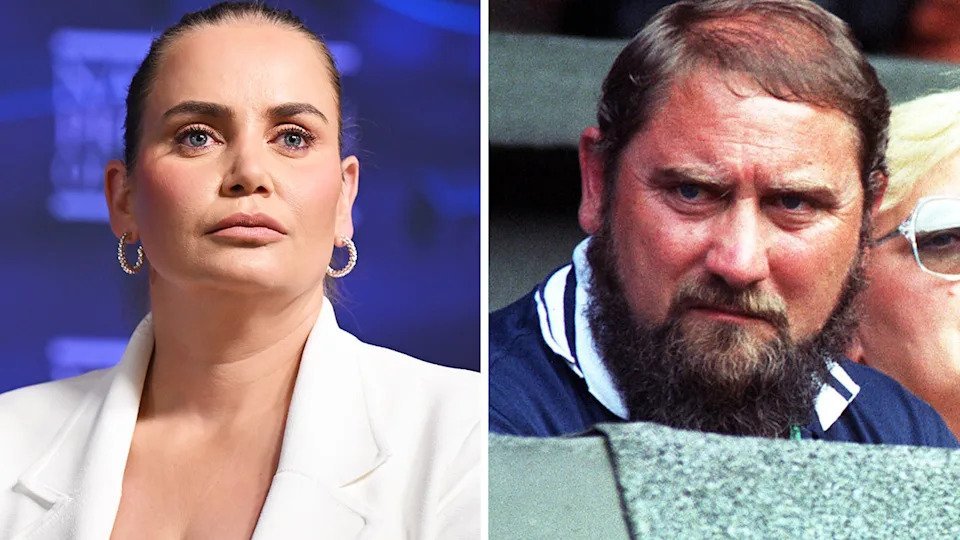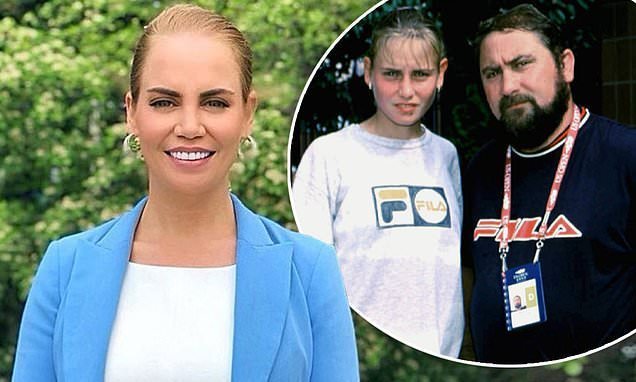Father’s Dark Legacy: Jelena Dokic’s Heart-Wrenching Battle with Abuse and Forgiveness
- Tennis star Jelena Dokic reveals shocking details of physical and emotional abuse at the hands of her father, Damir
- In a candid interview, Jelena opens up about her struggles with PTSD, depression, and body-shaming
- The 42-year-old has found solace in speaking out against domestic violence and mental health awareness
In a heart-wrenching interview, former tennis star Jelena Dokic has laid bare the shocking truth about her abusive childhood at the hands of her father, Damir. The 42-year-old has spoken candidly about the physical and emotional torment she endured, and her subsequent struggles with PTSD, depression, and body-shaming.
Jelena’s father, Damir, was a controlling and abusive figure in her life, who pushed her to become a tennis champion in his pursuit of riches. “I don’t think he ever loved me,” Jelena said in the interview. “I’m a firm believer that you can’t do that to someone, especially a child, if you love them.”
The abuse began when Jelena was just six years old, with Damir beating her after her first tennis lesson. As she grew older, the abuse only intensified, with Damir calling her a “slut” and a “whore” from the age of 11. The traumatic events led to Jelena developing PTSD, depression, and an eating disorder, and even attempting suicide at 22.
Despite the incredible bravery it took to speak out, Jelena has found solace in using her platform to raise awareness about domestic violence and mental health. “I’ve also had great moments, great experiences,” she said. “I can literally say, no exaggeration, that I’m the happiest I’ve ever been.”

Jelena’s road to recovery was paved with her decision to write a book, Unbreakable, which details her traumatic childhood. The book’s release marked a turning point in her life, allowing her to reclaim her voice and identity. “It saved my life, being vulnerable and being open and honest and raw and shattering this perfection,” she said.
Today, Jelena is a tennis commentator and advocate for family violence and mental health awareness. Her story is a powerful reminder that speaking out against abuse and seeking help is the first step towards healing and recovery.
As Jelena so eloquently put it, “The way that you take power away from bullies, trolls, violence, abuse, is by speaking up, not by being quiet. When we’re silent about it, that’s their power. As soon as we speak up, we take that power away from them.”

